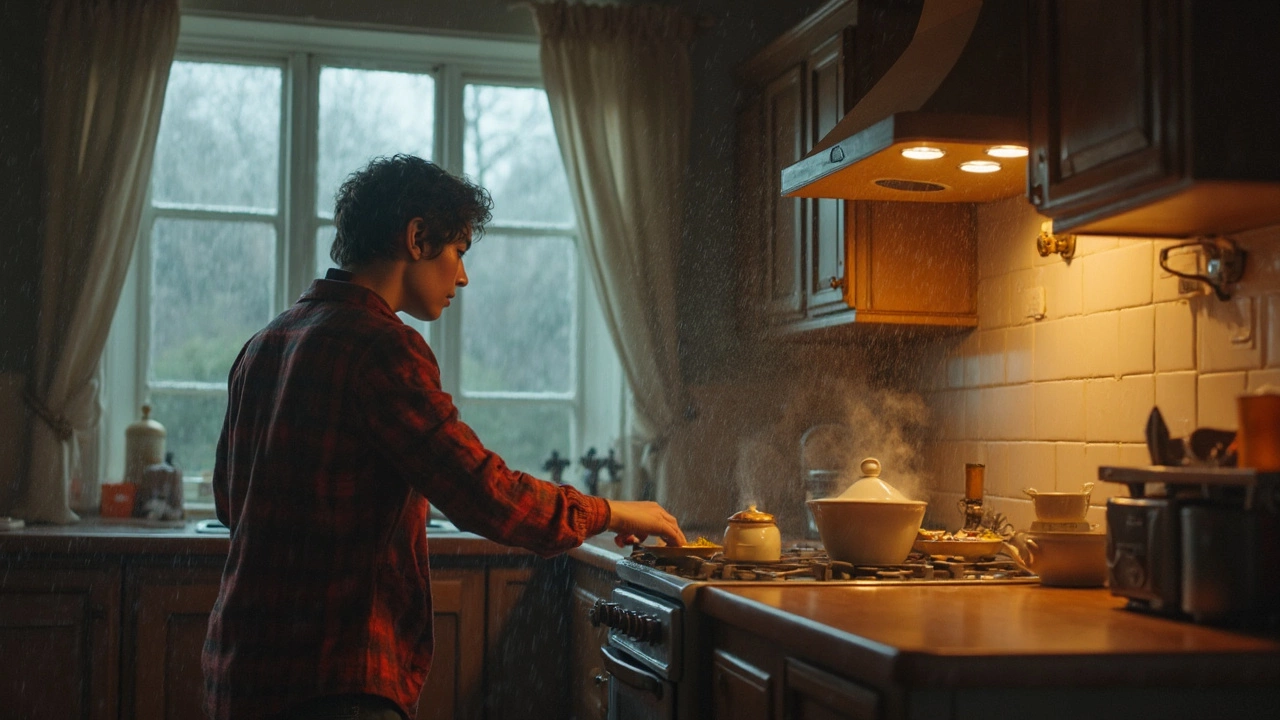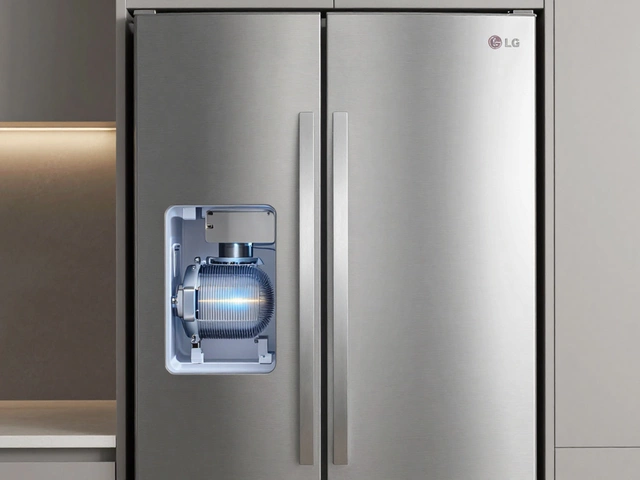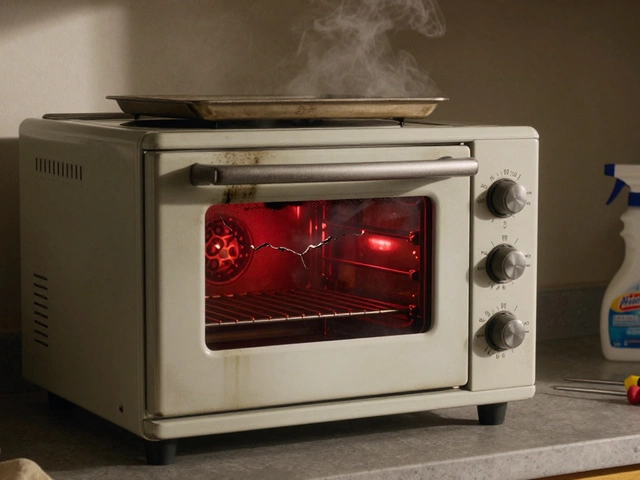Hot Water Heater Stops Working – Why It Happens and What to Do
Ever been mid‑shower and the water suddenly turns ice cold? That panic moment usually means your hot water heater, a device that heats water for showers, dishwashing and household use, powered by electricity, gas, or solar energy. Also known as water heater, it is the heart of your home’s hot‑water supply. When it quits, everything from your morning coffee to bedtime routine takes a hit.
Key Players That Influence a Heater’s Performance
One of the biggest side‑effects of a failing heater is its impact on the boiler, the central heating unit that can also provide hot water in many UK homes. If the boiler’s heat‑exchange coil is clogged, the water never reaches the right temperature. The thermostat, the sensor that tells the heater when to fire up or shut down is another culprit; a stuck thermostat keeps the element off even though you need heat. Together, these parts form a chain: a bad thermostat prevents the heater from activating, the boiler can’t compensate, and you’re left with cold water.
Even the shower valve, the mixing valve that blends hot and cold water before it reaches the tap can disguise a heater problem. If the valve sticks, it might send too much cold water, making it look like the heater failed. Finally, the gas appliance, any device that uses gas to create heat, including many water heaters must have a steady gas supply and a working igniter; a blocked line or faulty igniter stops the whole system.
Here are the most common reasons a hot water heater stops working:
- Power loss or tripped circuit breaker.
- Dead heating element or burnt‑out coil.
- Faulty thermostat or temperature sensor.
- Broken pilot light or igniter in gas models.
- Scaling inside the tank that blocks heat transfer.
- Leaking tank or pressure‑relief valve release.
Each of those items creates a clear semantic link: the heater’s inability to heat water requires a functional power source, a working heating element, and proper temperature control. When any link breaks, the chain collapses.
Start troubleshooting with the simplest checks. First, confirm the breaker or fuse hasn’t tripped – reset it if needed. Next, feel the heating element (after turning off power) for warmth; if it’s cold, the element is likely dead. For gas heaters, look for a steady pilot flame; if it’s out, reignite according to the manufacturer’s guide. Then, test the thermostat by setting it higher than the current water temperature; if the heater doesn’t fire, the sensor may be faulty. Finally, drain a few gallons to see if sediment is causing overheating.
Safety comes first. If you smell gas, hear a hissing sound, or notice water leaking from the tank, shut off the gas valve and water supply immediately and call a licensed professional. Trying to fix a gas igniter or a cracked tank yourself can be dangerous and may void warranties.
When the DIY route hits a wall, Warwick Appliance Fixers can step in. Our technicians know how to diagnose boiler‑related issues, replace thermostats, clear blocked valves, and service gas appliances safely. Whether it’s a quick reset or a full‑tank replacement, we’ll get your hot water back without the guesswork.
Below you’ll find a curated collection of articles that dive deeper into each of these topics – from spotting a faulty thermostat to deciding when a boiler upgrade makes sense. Keep reading to arm yourself with the knowledge you need before you pick up the phone.
Got cold water out of nowhere? This article breaks down what you should check when your hot water heater suddenly stops working. You'll find quick, practical steps to figure out what's gone wrong—whether it's pilot lights, breakers, thermostat settings, or something leaking. Learn common fixes, when you should call a pro, and smart tips for avoiding future water heater breakdowns. Cold showers don’t have to be your new normal.


